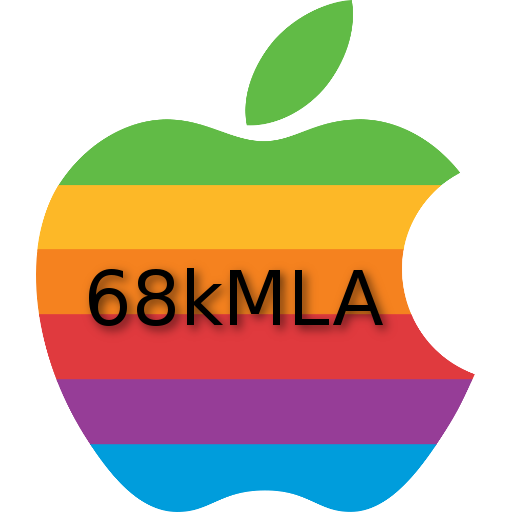sailingdarter
Member
In my web crawling today I came across an article about a WinGPT client for Windows 3.x. In that piece there was a paragraph where a developer was able to coax a TLS Library into building on a early 1990s version of Windows.
It got me thinking, right now it is simply accepted that Classic Mac OS is locked out TLS secure internet without proxies. But after seeing something like this, I am wondering if that is enough to give the problem a "second look" on Classic Mac OS.
Honestly I have zero programming experience in Classic Mac OS (Aside from dabbling in RealBasic as a teenager) so I am not sure that this has already been written off by people more knowledgeable but it is something that would pique my interest.
It got me thinking, right now it is simply accepted that Classic Mac OS is locked out TLS secure internet without proxies. But after seeing something like this, I am wondering if that is enough to give the problem a "second look" on Classic Mac OS.
Honestly I have zero programming experience in Classic Mac OS (Aside from dabbling in RealBasic as a teenager) so I am not sure that this has already been written off by people more knowledgeable but it is something that would pique my interest.

